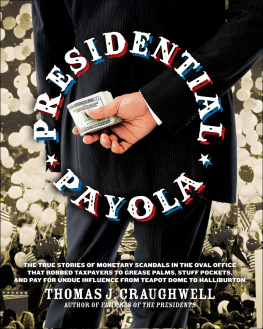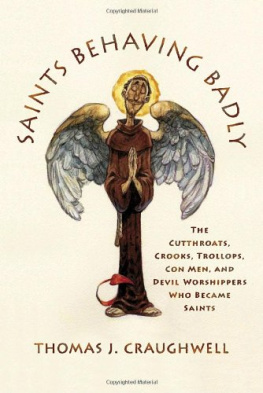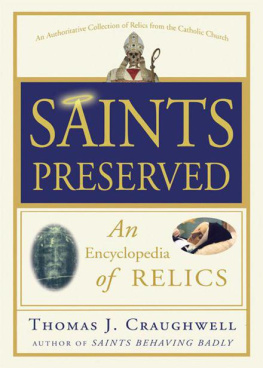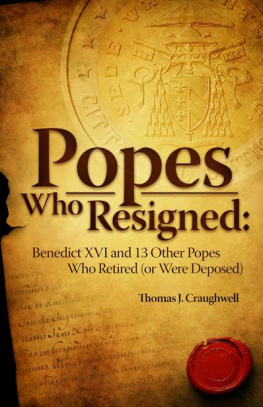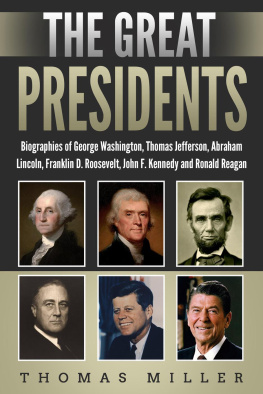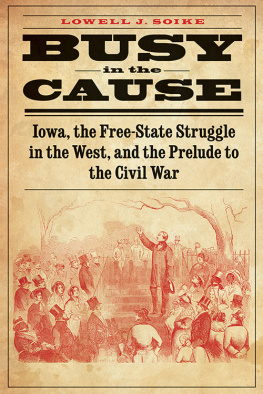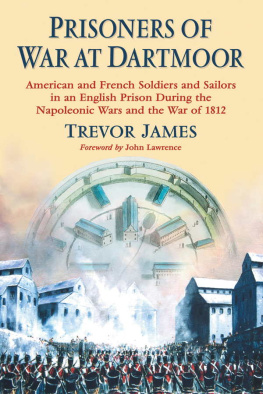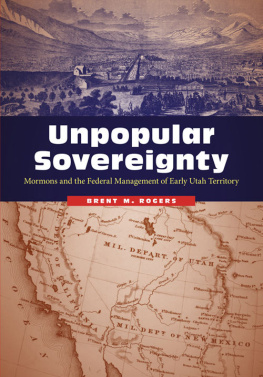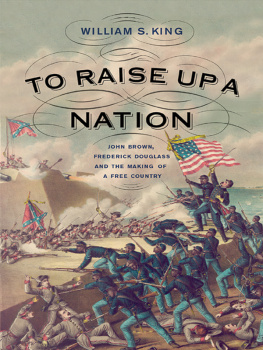Thomas J. Craughwell - Failures of the Presidents: From the Whiskey Rebellion and War of 1812 to the Bay of Pigs and War in Iraq
Here you can read online Thomas J. Craughwell - Failures of the Presidents: From the Whiskey Rebellion and War of 1812 to the Bay of Pigs and War in Iraq full text of the book (entire story) in english for free. Download pdf and epub, get meaning, cover and reviews about this ebook. year: 2008, publisher: Fair Winds Press, genre: History. Description of the work, (preface) as well as reviews are available. Best literature library LitArk.com created for fans of good reading and offers a wide selection of genres:
Romance novel
Science fiction
Adventure
Detective
Science
History
Home and family
Prose
Art
Politics
Computer
Non-fiction
Religion
Business
Children
Humor
Choose a favorite category and find really read worthwhile books. Enjoy immersion in the world of imagination, feel the emotions of the characters or learn something new for yourself, make an fascinating discovery.

- Book:Failures of the Presidents: From the Whiskey Rebellion and War of 1812 to the Bay of Pigs and War in Iraq
- Author:
- Publisher:Fair Winds Press
- Genre:
- Year:2008
- Rating:4 / 5
- Favourites:Add to favourites
- Your mark:
Failures of the Presidents: From the Whiskey Rebellion and War of 1812 to the Bay of Pigs and War in Iraq: summary, description and annotation
We offer to read an annotation, description, summary or preface (depends on what the author of the book "Failures of the Presidents: From the Whiskey Rebellion and War of 1812 to the Bay of Pigs and War in Iraq" wrote himself). If you haven't found the necessary information about the book — write in the comments, we will try to find it.
What were they thinking?
In an effort to put an end to Britain and Frances policy of seizing American ships and sailors, Thomas Jefferson calls for an embargo.
The Result: 30,000 sailors put out of work; mercantile families bankrupted overnight; a nationwide economic depression; and the New England states, which depended heavily on international commerce, threaten to secede from the Union.
To promote the doctrine of popular sovereignty, Franklin Pierce approves the repeal of the Missouri Compromise and permits residents of Kansas and Nebraska to decide whether their territories will admit slavery.
The Result: Dozens of settlers murdered; Lawrence, Kansas, burned and looted; John Brown elevated to the status of national hero among abolitionists; the country moves closer to civil war.
Convinced the 20,000 men, women, and children of the Bonus Army were Communists and criminals, Herbert Hoover sends 600 crack troops, a detachment of cavalry, and five tanks to drive the protesters out of Washington.
The Result: 4 dead, including two infants; more than 1,000 injured; the Communist Party in America enjoys a public relations field day; Hoover is driven into political exile.
In an effort to install a capitalist government in the Middle East, stabilize the region, and protect America from a possible Iraqi terrorist assault using weapons of mass destruction, George W. Bush orders the invasion of Iraq.
The Result: More than 4,000 American soldiers and personnel dead; estimated hundreds of thousands of Iraqi civilians dead; hundreds of billions of dollars spent; the torture of prisoners in the Abu Ghraib prison and the failure to find weapons of mass destruction leave American global credibility in tatters.
Thomas J. Craughwell: author's other books
Who wrote Failures of the Presidents: From the Whiskey Rebellion and War of 1812 to the Bay of Pigs and War in Iraq? Find out the surname, the name of the author of the book and a list of all author's works by series.

